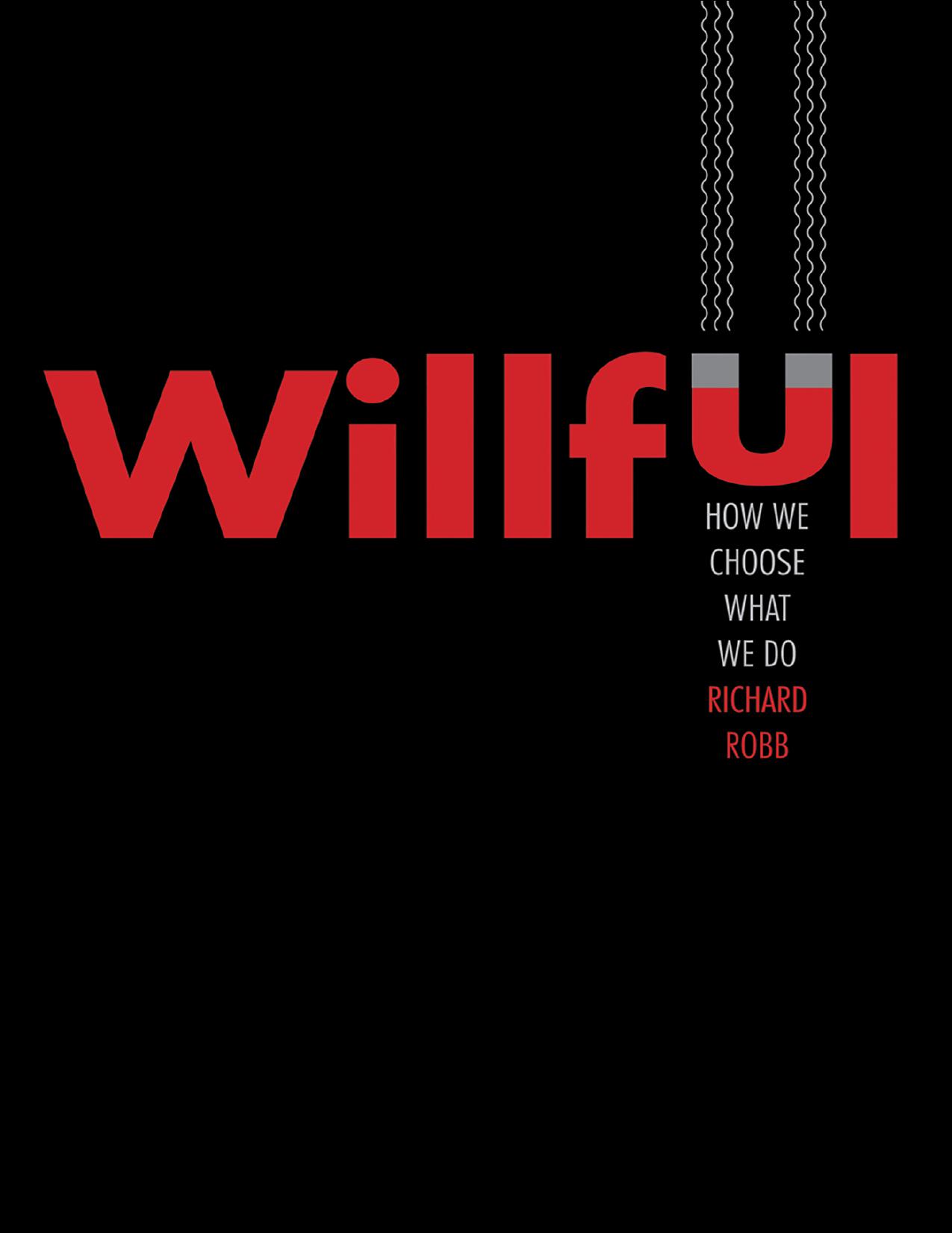Willful by Richard Robb

Author:Richard Robb [Robb, Richard]
Language: eng
Format: epub, pdf
ISBN: 9780300246438
Publisher: Yale University Press
Published: 2019-02-15T05:00:00+00:00
Regret versus Remorse
Regret and remorse are different classes of feeling, but if we view all behavior as purposeful, we risk confusing them.
The anodyne case of regret occurs when we make an error while attempting to optimize. When people say they feel regret, they might simply mean that with hindsight, they recognize that they would be better off had they chosen differently. Or maybe they mean that they miscalculated: if they had thought more carefully, they would have acted differently. Regret belongs squarely in the purposeful realm. We should be able to learn from mistakes and let regret fade into the past.
Remorse is not simply a stronger version of regret—it belongs to a different category. It would be unremarkable to say that I feel regret for not buying gold in 1986, since its price increased by a factor of three over the next thirty-three years. It would sound strange, however, to say that I feel remorse for not buying Microsoft stock at its 1986 initial public offering, even though it increased by a factor of five hundred over the same period. I just feel more regret about Microsoft stock than I do about gold.
If a person makes a profound error in judgment or commits an immoral act, the remedy (if there is one) is to repent. That repentance, like the original act, stands for itself. Repentance can’t be outsourced. Scapegoats, sin eaters, and the buying of indulgences have all passed into history. Charitable giving (which is not exempt from purposeful calculations) may help relieve a general sense of guilt, but it cannot assuage remorse over a particular act. If that act was not part of an optimization problem, then the subsequent contrition cannot be either.
Jean-Paul Sartre tells the story of a student whose brother was killed in the war in 1940. The student is torn: he feels compelled to join the Free French Forces but also to stay at home and care for his mother, who would suffer without him.17 This is more than just a difficult decision. He can weigh the chance that he would affect the outcome of the war against the likely impact of his absence on his mother, and either way, he could argue afterward that he chose wisely within the context of his moral precepts. Nonetheless, his decision cannot possibly be cast in the framework of purposeful choice. He can’t quantify and compare the benefits of fighting against the costs of abandoning his mother—he’s grappling with love altruism for his mother, his country, and his brother’s memory, rendering the decision for-itself. Whatever he chooses, he is destined to feel remorse. But that does not mean he’ll necessarily feel regret; he can simultaneously feel remorse over his decision and believe it was the right one. If he could do it over, he’d make the same choice.
Download
This site does not store any files on its server. We only index and link to content provided by other sites. Please contact the content providers to delete copyright contents if any and email us, we'll remove relevant links or contents immediately.
The remains of the day by Kazuo Ishiguro(8999)
Tools of Titans by Timothy Ferriss(8394)
Giovanni's Room by James Baldwin(7346)
The Black Swan by Nassim Nicholas Taleb(7129)
Inner Engineering: A Yogi's Guide to Joy by Sadhguru(6793)
The Way of Zen by Alan W. Watts(6614)
The Power of Now: A Guide to Spiritual Enlightenment by Eckhart Tolle(5781)
Asking the Right Questions: A Guide to Critical Thinking by M. Neil Browne & Stuart M. Keeley(5775)
The Six Wives Of Henry VIII (WOMEN IN HISTORY) by Fraser Antonia(5515)
Astrophysics for People in a Hurry by Neil DeGrasse Tyson(5189)
Housekeeping by Marilynne Robinson(4447)
12 Rules for Life by Jordan B. Peterson(4304)
Ikigai by Héctor García & Francesc Miralles(4274)
Double Down (Diary of a Wimpy Kid Book 11) by Jeff Kinney(4271)
The Ethical Slut by Janet W. Hardy(4251)
Skin in the Game by Nassim Nicholas Taleb(4248)
The Art of Happiness by The Dalai Lama(4130)
Skin in the Game: Hidden Asymmetries in Daily Life by Nassim Nicholas Taleb(4006)
Walking by Henry David Thoreau(3962)
